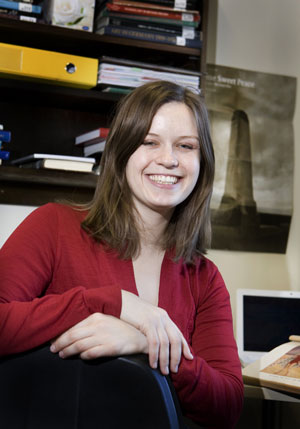Art Historian
Tasks & duties

Art historians may do some or all of the following:
-
research a wide variety of sources to become specialists on particular artists or periods of art
-
write up and publish research
-
decide what artworks should be bought, added to a collection or displayed in an exhibition
-
lecture in art history at tertiary institutes or secondary schools
-
provide advice about art to individual clients, museums, galleries and auction houses
-
provide advice to organisations about historic sites, buildings and monuments
-
advise legal firms on copyright issues
-
research pictures for publishers
Specialisations
Art historians generally develop expertise in the art of a specific region, period or medium. They often specialise in the work of a particular artist or group of artists.
Skills & knowledge
Art historians need to have:
- knowledge of the history of art, and past and present theories of art
- knowledge of national history
- knowledge of galleries and how they work
- skill in analysing and evaluating art
- sound research and report-writing skills
- good people and communication skills
- teaching skills
Foreign language skills can also be helpful.
Entry requirements
To become an art historian you need to have a Bachelor of Arts majoring in art history, although a postgraduate degree is often preferred by employers.
Further studies in fine arts, library studies, marketing, business, museology (the science or practice of organising and managing museums) and museum studies may also be helpful.
Secondary education
A tertiary entrance qualification is needed to enter further training, but useful school subjects include art, art history, English, history and languages.
Training on the job
Many skills, such as how to handle objects correctly, are gained on the job. Some art historians may attend courses and seminars to keep up to date with changes in professional practice, or changes in the art world.
Useful experience
Useful experience for art historians includes:
- research work
- public speaking
- work as an artist
- experience in art galleries or with exhibitions
- library work involving cataloguing or finding works of art
- customer service work
Related courses
Art History
Curatorial Studies
Librarianship and Information Management
For more information, please refer to Career Services.
Document Actions
